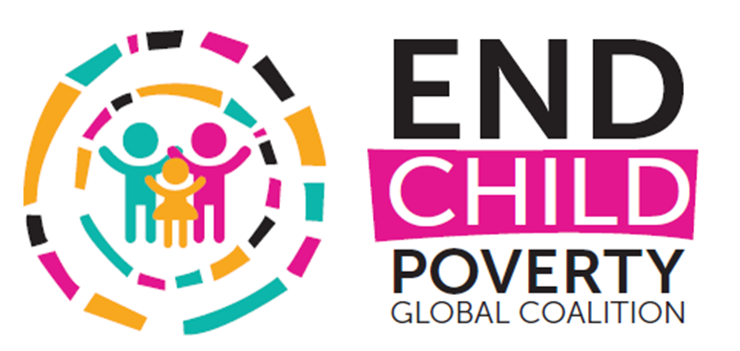How Poverty and Inequality Impact on Children's Well-Being
To mark the occasion of Universal Children’s Day on 20th November, the OECD launched the Child Well-Being Data Portal, a new resource that brings together comparative, cross-national data on children and the settings in which children grow up. This Data Portal helps all actors in the field of children's rights (decision-makers, stakeholders, civil society actors) to conduct policy oriented research on children’s well-being and promoting equal opportunities among children. It supports actors to better understand how poverty and inequality impact on children.
The Data Portal compares a wide-range of topics spanning children’s experiences of:
- Home and family environment,
- Health and safety,
- Education and school life,
- Activities and their life satisfaction,
- And also links to information on public policies for children.
It provides a unique source of information on disparities in child well-being by gender, family status, household income level, and parental background.
The Data Portal’s information covers children from 0 to 17 years of age, although some information is available only for specific ages. Where possible, information is provided for different age groups, from early childhood to adolescence, and also by gender, family status, household income level, and parental background.
What else the portal can tell us about child poverty
The ‘jobs and income’ data within the ‘Home and Family Environment’ section showcases the OECD’s data on average disposable income for children and child relative income poverty rates – which now cover all OECD member countries plus an increasing number of emerging economies, including Brazil, China and South Africa – and also provides information on the shares of children living in working and in jobless households. It is hoped that the promotion of this data can help focus attention on the environment in which many children live even in the world’s richest countries, and help all actors in the field of children's rights (including, stakeholders, decision-makers, and other actors in civil society) better understand the situation of children and inequalities in well-being.
How do I access the Data Portal?
- You can access the Data Portal HERE
- You can also find country fact sheets for some countries that illustrate the type of data available through the source fact sheets (for Canada, France, Germany, Italy, Japan, Korea, Mexico, Poland, Spain, United Kingdom and the United States).
For more information, please contact Olivier Thévenon (tel. + 33 1 85 55 56 004) or Chris Clarke (tel. + 33 1 45 24 84 50) in the OECD Directorate for Employment, Labour and Social Affairs, Social Policy Division.
Title Photo Credit:

